More Than a Kitchen Essential
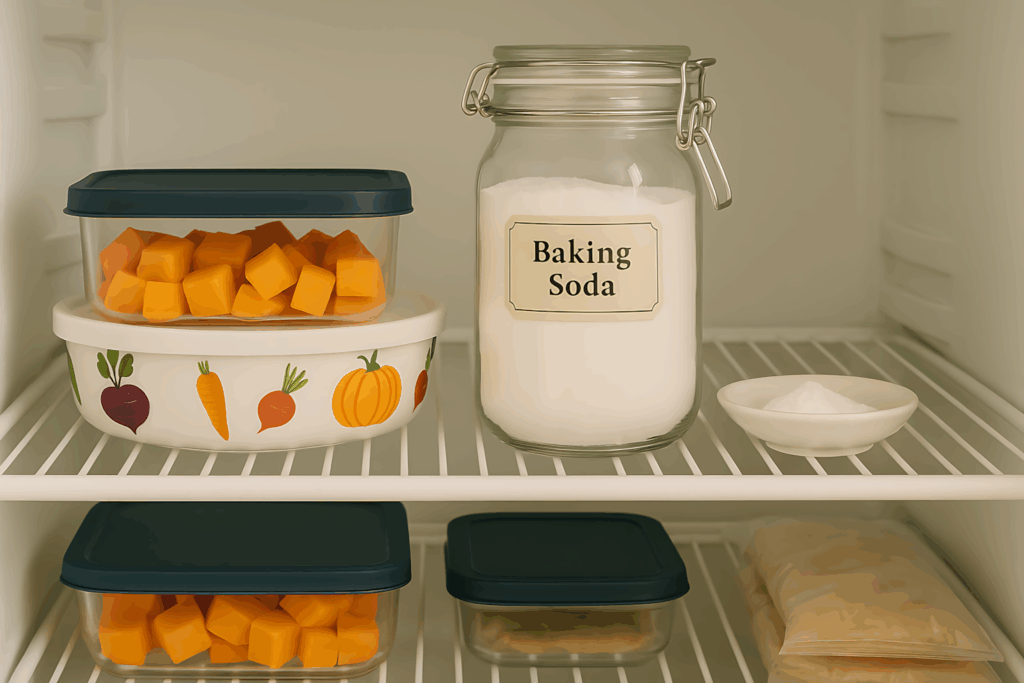
You might recognize it as the orange box hiding in your refrigerator, working to eliminate unpleasant odors. Or perhaps you see it as a crucial ingredient that makes your baked treats fluffy. However, baking soda, or sodium bicarbonate, is also worthy of a place in your medicine cabinet. Discover how it contributes to maintaining your health and hygiene.
Natural Teeth Whitener
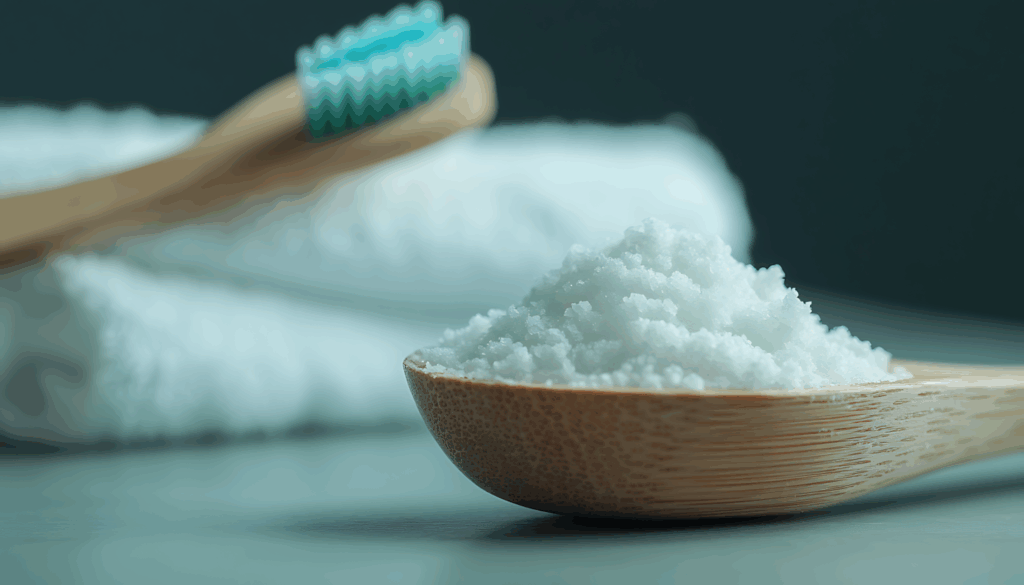
Baking soda is highly effective in eliminating plaque, which is the adhesive layer of bacteria in your mouth. If left unattended, plaque can accumulate and eventually harden into tartar, potentially resulting in gum disease. To use it, moisten your toothbrush, dip it into the baking soda, and brush your teeth like you normally would. However, keep in mind that it lacks fluoride, which is essential for safeguarding your teeth from decay and cavities. Many municipal water systems include fluoride; nevertheless, it’s advisable to also use conventional toothpaste to ensure comprehensive oral care.
Affordable Oral Rinse
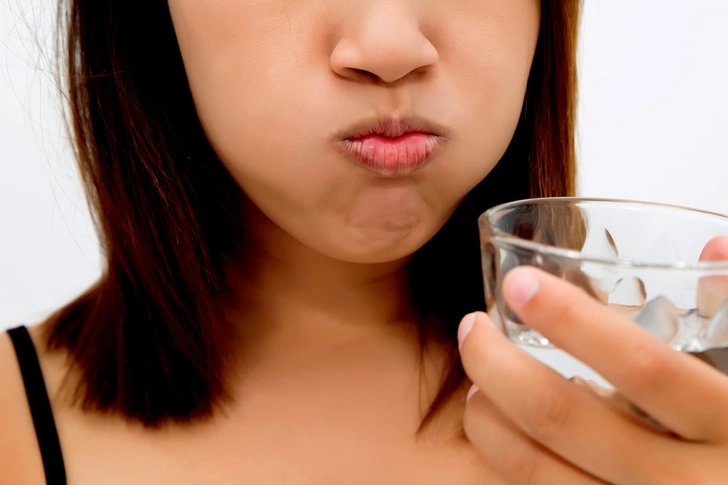
That garlic aioli pasta was amazing, but now your breath is so strong that even your dog is avoiding you. Mix a teaspoon of baking soda into half a glass of water and use it as a mouth rinse. Unlike typical mouthwashes that just cover up bad breath with minty fragrances, baking soda effectively eliminates the odor completely.
Deodorant for the Body
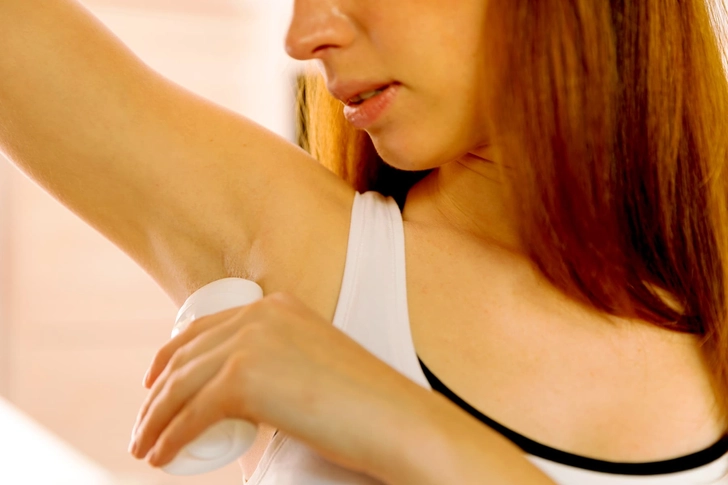
Odor molecules, whether acidic or basic, cause unpleasant smells. Baking soda neutralizes these odors effectively, which is why it’s a common choice for sewage plants and feedlots. It can also combat body odor. Simply apply a small amount under your arms each morning. If you dislike the powdery residue on your clothes, opt for stick deodorants containing baking soda. Check the label for sodium bicarbonate as a key ingredient.
Supports Kidney Function
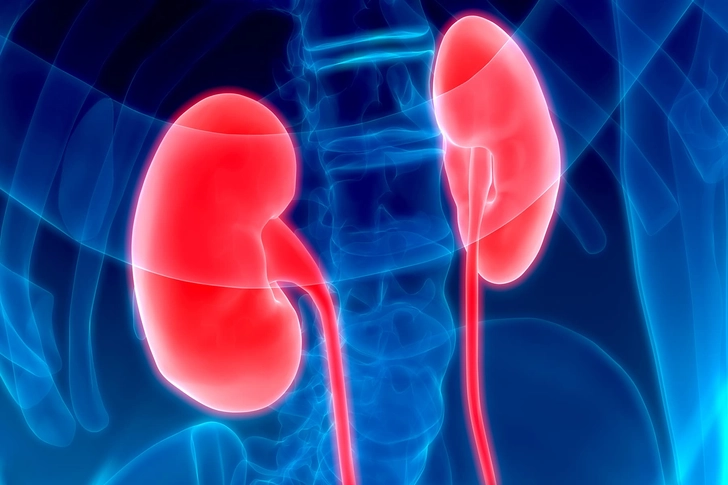
Kidneys play a crucial role in filtering out waste and excess fluids from your system. For individuals suffering from chronic kidney disease due to conditions like diabetes or high blood pressure, there can be an accumulation of acid in the body. Sodium bicarbonate may help reduce acid levels, potentially aiding in slowing down bone deterioration and promoting muscle growth. However, it’s essential to collaborate with your healthcare provider before attempting this, as researchers are still investigating the specifics of its effectiveness.
Aids in Cancer Treatment

Sodium bicarbonate is commonly found in emergency departments and hospitals, where it is used for conditions such as cardiac arrests and poisonings. Additionally, it can neutralize the acidic effects of chemotherapy drugs used in cancer treatment. Research indicates that reducing acidity might inhibit the growth and spread of certain tumors.
Calms Skin Irritations
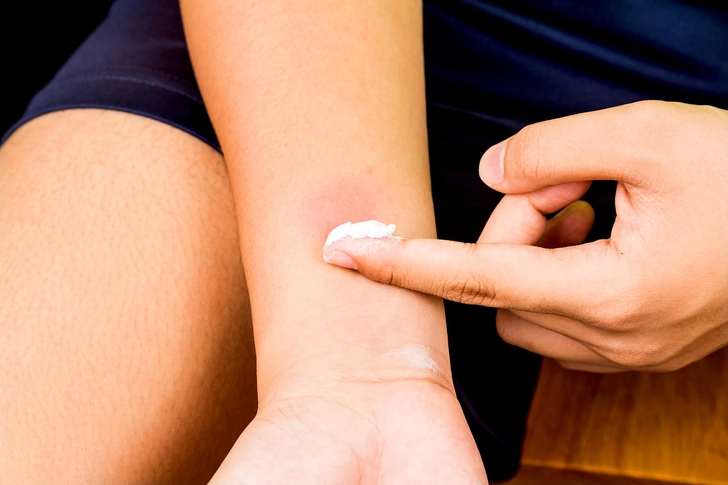
If you’ve been bitten by a mosquito or come into contact with poison ivy, baking soda can help. It alleviates mild discomfort, itching, and inflammation. To create a soothing paste, combine three parts baking soda with one part water, apply it to the affected area, and let it sit for 20 minutes before rinsing off. Alternatively, you can enjoy a bath with half a cup of baking soda mixed into the water.
Alleviates Discomfort

Sodium bicarbonate may enhance the analgesic effects of lidocaine when used in epidural procedures. Ongoing research is exploring its potential benefits in relieving cancer-related pain. For sunburn relief, you can soak a washcloth in a mixture of approximately 4 tablespoons of baking soda per quart of water and gently apply it to the affected skin to provide comfort. This remedy can also be effective for other minor burns, such as those caused by wind.
Mitigates Acid Reflux
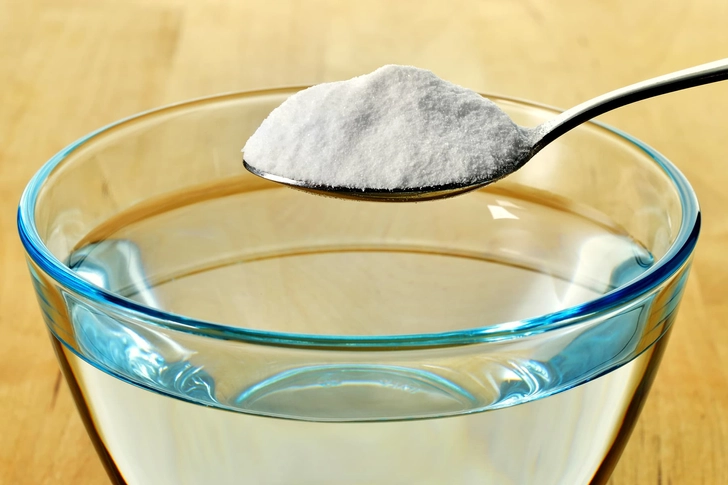
Sodium bicarbonate is effective in combating excess stomach acid that can ascend to your throat or mouth after meals. It is available as an over-the-counter chewable tablet, or you can create your own antacid by mixing half a teaspoon of baking soda in half a cup of water. Consult with a physician before administering it to children under 6, or if you plan to use it regularly alongside other medications.
Facial Exfoliant
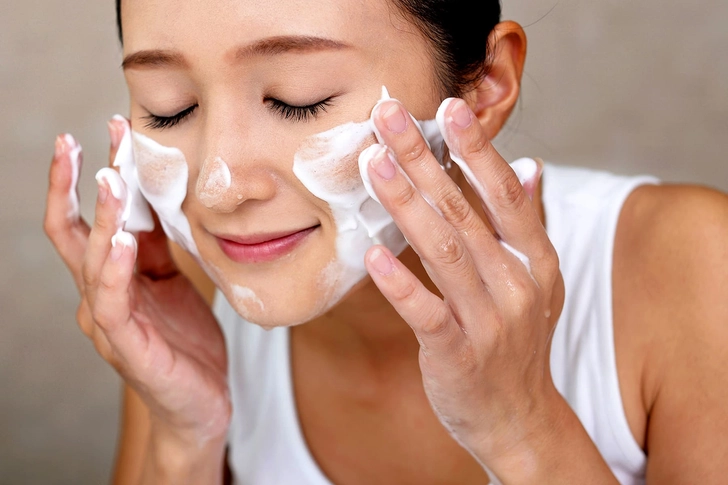
Baking soda has a gentle abrasive quality, making it suitable for use as a soft facial cleanser. Start by cleansing your face with a gentle, non-abrasive soap and rinse thoroughly with water. Next, create a paste by combining three parts baking soda with one part water. Apply this mixture in a circular motion for a thorough cleanse, then rinse off with water.
Hair Clarification
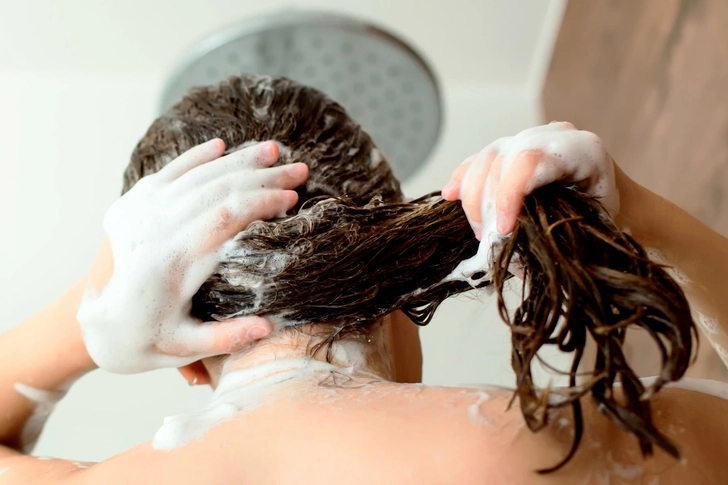
To eliminate residue from hair products like sprays, gels, and conditioners, blend a teaspoon of baking soda into your preferred shampoo. This addition will not only leave your hair cleaner but may also make it more manageable for styling.
Gentle Your Skin

Incorporate half a cup of baking soda into your bath. This addition will balance out acids, eliminate sweat and oil, and leave your skin feeling incredibly smooth. As an added perk, once you’re done drying off, you can use some extra baking soda to scrub your bathtub clean!
Sanitize Your Child’s Toys

Baking soda can be an effective alternative to strong chemicals for cleaning your child’s highchair, tray, and toys. Keep in mind that while it doesn’t eliminate germs, combining it with vinegar can provide some disinfecting properties (for thorough germ-killing, a proper disinfectant is necessary). Be sure to rinse everything thoroughly afterward.
Revitalize Dentures
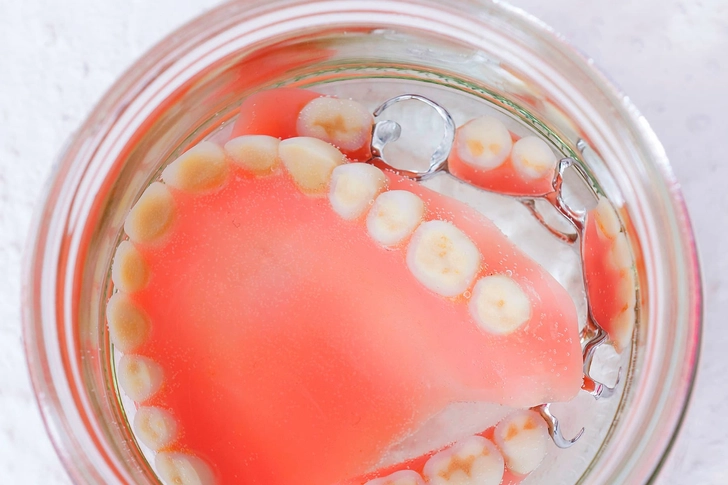
Mix two teaspoons of baking soda with a cup of warm water. Soak your dentures in this solution to dislodge food particles, eliminate odors, and refresh any unpleasant taste. This method is also effective for retainers and mouth guards. For a deeper clean, use some baking soda with a toothbrush to scrub them gently.


